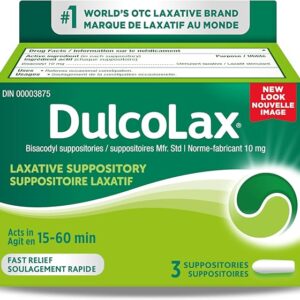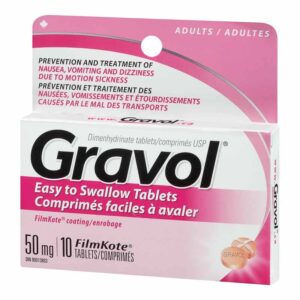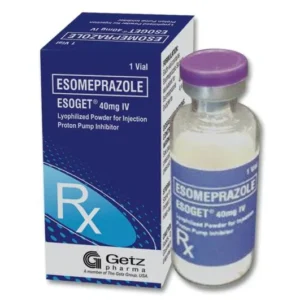-
Bisacodyl
Bisacodyl is a stimulant laxative used to treat constipation and prepare the bowel for medical procedures.
Applications:
-
Relieves occasional constipation.
-
Used for bowel cleansing before colonoscopy or surgery.
Side Effects:
-
Common: abdominal cramps, diarrhea, nausea.
-
Serious (rare): electrolyte imbalance, dehydration with prolonged use.
Br120.00

Bisacodyl
Br120.00 Select options This product has multiple variants. The options may be chosen on the product page -
-
Fosaprepitant
Fosaprepitant is an antiemetic used to prevent nausea and vomiting caused by chemotherapy.
Applications:
-
Prevents acute and delayed nausea/vomiting from highly emetogenic chemotherapy.
-
Often used in combination with other antiemetics (like dexamethasone and a 5-HT3 antagonist).
Side Effects:
-
Common: fatigue, headache, hiccups, and constipation.
-
Serious (rare): infusion site reactions, allergic reactions, liver enzyme elevation.
Brands: Emend (IV).
Br120.00
Fosaprepitant
Br120.00 Select options This product has multiple variants. The options may be chosen on the product page -
-
Dimenhydrinate
Dimenhydrinate is an antihistamine primarily used to prevent and treat motion sickness and nausea.
Applications:
-
Prevents and relieves nausea, vomiting, and dizziness from motion sickness.
-
Used for vertigo and inner ear disturbances like Ménière’s disease.
Side Effects:
-
Common: drowsiness, dry mouth, dizziness, and blurred vision.
-
Serious (rare): confusion (especially in elderly), fast heartbeat, and urinary retention.
Br120.00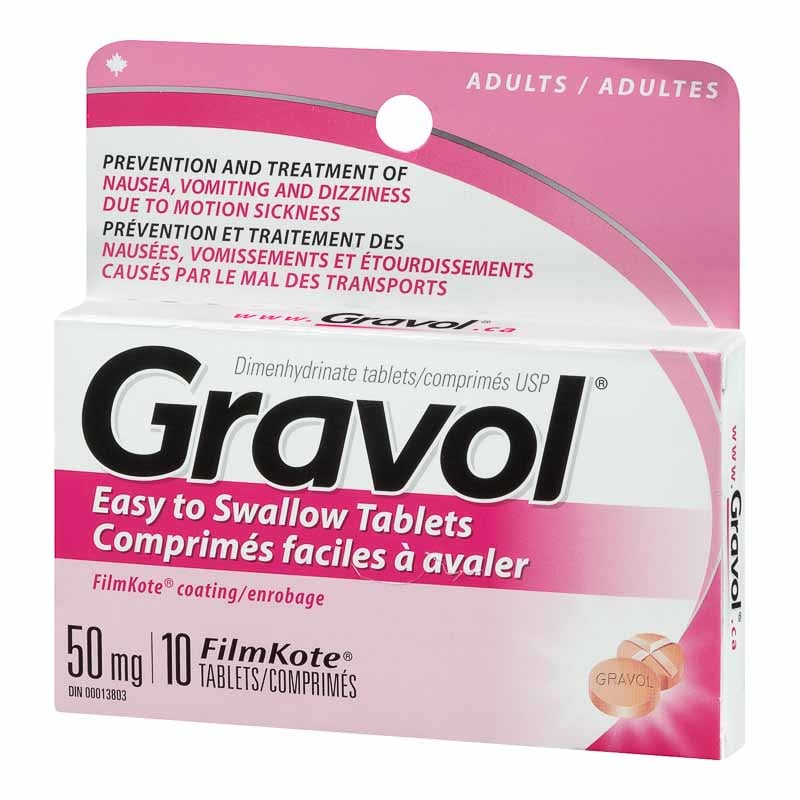
Dimenhydrinate
Br120.00 Select options This product has multiple variants. The options may be chosen on the product page -
-
Chlorpromazine Hydrochloride
Applications:
-
Psychosis (schizophrenia, mania)
-
Severe nausea/vomiting
-
Intractable hiccups
-
Acute agitation/sedation
Side Effects:
Common: Drowsiness, dry mouth, constipation, low BP
Serious:-
Muscle spasms (EPS), tardive dyskinesia
-
Neuroleptic malignant syndrome (NMS)
-
QT prolongation → heart rhythm risk
-
Seizures, confusion (elderly)
Avoid in: Glaucoma, Parkinson’s, heart rhythm issues.
Br120.00
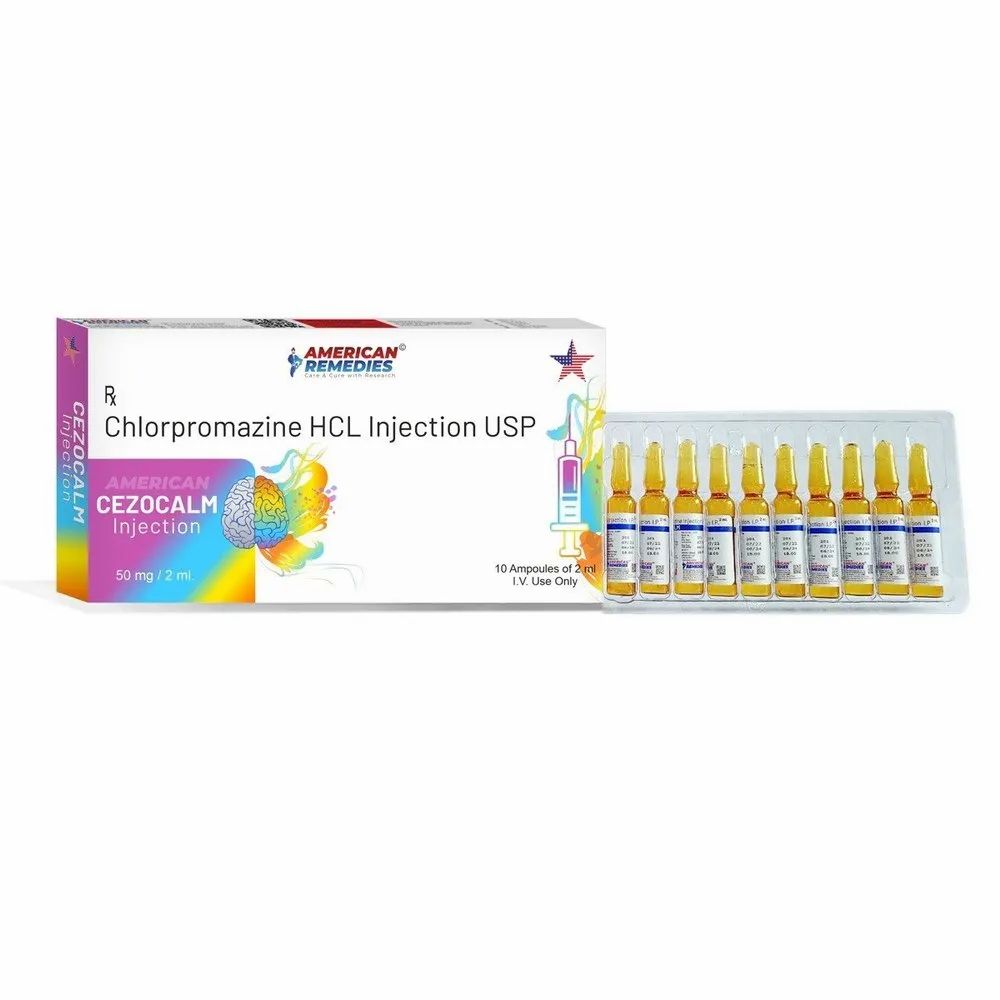
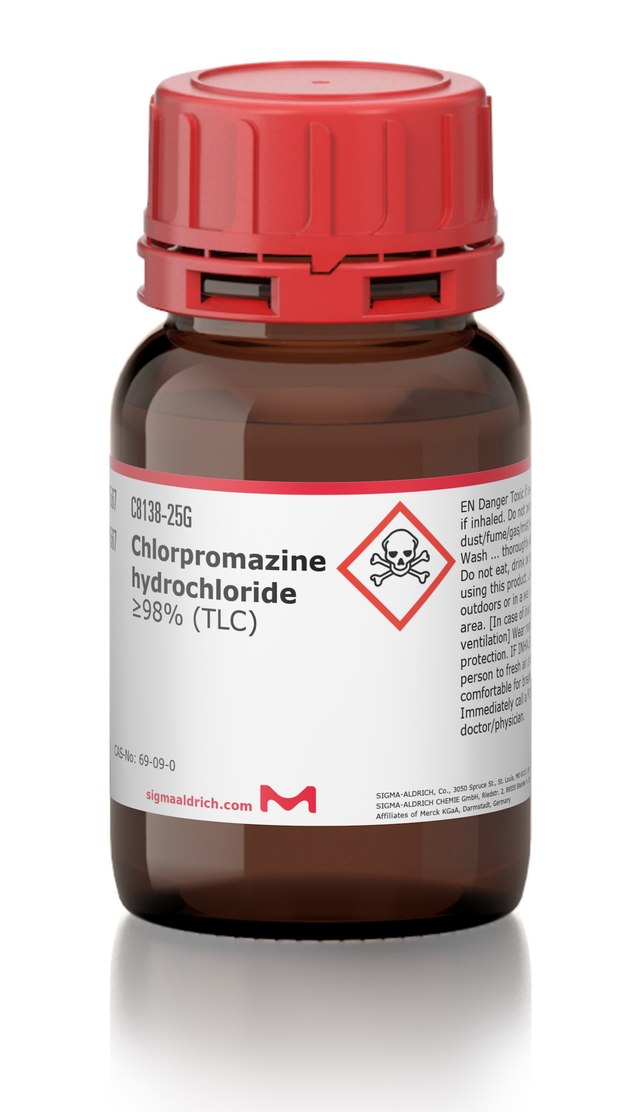

Chlorpromazine Hydrochloride
Br120.00 Select options This product has multiple variants. The options may be chosen on the product page -
-
Aprepitant
Applications:
Chemotherapy-Induced Nausea/Vomiting (CINV): Prevents acute/delayed nausea from highly emetogenic chemo (e.g., cisplatin).
Moderately Emetogenic Chemo: Used with dexamethasone + 5-HT3 blockers (e.g., ondansetron).
Postoperative Nausea/Vomiting (PONV): Alternative for high-risk surgeries (less common).Side Effects:
Common: Fatigue, hiccups, constipation, headache, loss of appetite.
Serious (Rare):-
Liver toxicity (elevated LFTs).
-
Hypersensitivity (rash, anaphylaxis).
-
Drug interactions (CYP3A4 inhibitor—affects warfarin, birth control, some chemo drugs).
Note: Avoid with pimozide (QT prolongation risk). IV form (fosaprepitant) available.
Br120.00
Aprepitant
Br120.00 Select options This product has multiple variants. The options may be chosen on the product page -
-
Ranitidine
Applications:
- Used to treat gastroesophageal reflux disease (GERD), peptic ulcers, and conditions where the stomach produces too much acid (like Zollinger-Ellison syndrome).
- Reduces stomach acid production, helping to heal ulcers and manage heartburn or acid reflux.
- Can be used for the prevention and treatment of ulcers and conditions like indigestion.
Side Effects:
- Common side effects include headache, dizziness, constipation, or diarrhea.
- Rare but serious side effects may include liver problems, irregular heartbeats, and severe allergic reactions.
- Long-term use can occasionally lead to vitamin B12 deficiency.
Ranitidine is effective in controlling excess stomach acid but was withdrawn from many markets (including the U.S.) in 2020 due to concerns over a potential carcinogenic impurity. For those still using it, monitoring for side effects is important, especially if taken for prolonged periods.
Br120.00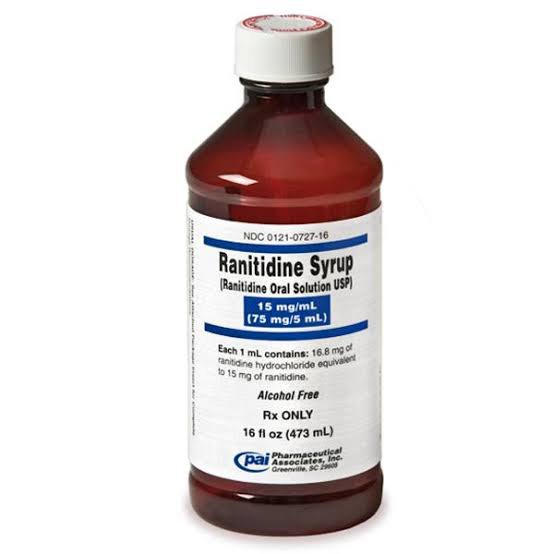
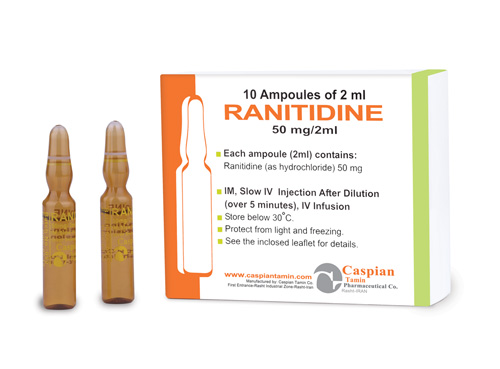
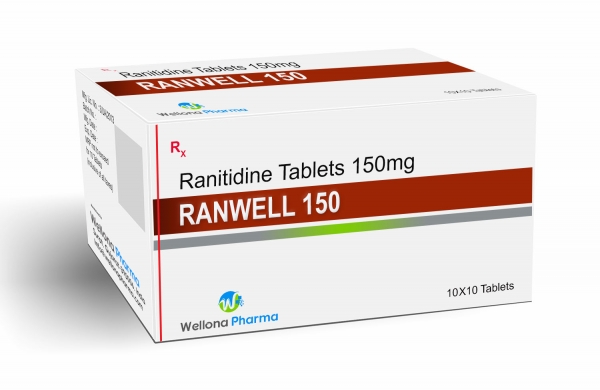
Ranitidine
Br120.00 Select options This product has multiple variants. The options may be chosen on the product page -
Esomeprazole
Applications:
- Used to treat gastroesophageal reflux disease (GERD), peptic ulcers, and Zollinger-Ellison syndrome.
- Helps reduce stomach acid production, promoting healing and preventing acid-related damage.
Side Effects:
- Headache, nausea, and diarrhea.
- Long-term use may increase the risk of fractures, kidney issues, and vitamin B12 deficiency.
Esomeprazole is effective in reducing acid production, helping treat GERD and ulcers, but prolonged use can lead to some serious side effects, especially with prolonged therapy. It’s important to monitor for any complications, particularly with long-term use.
Br120.00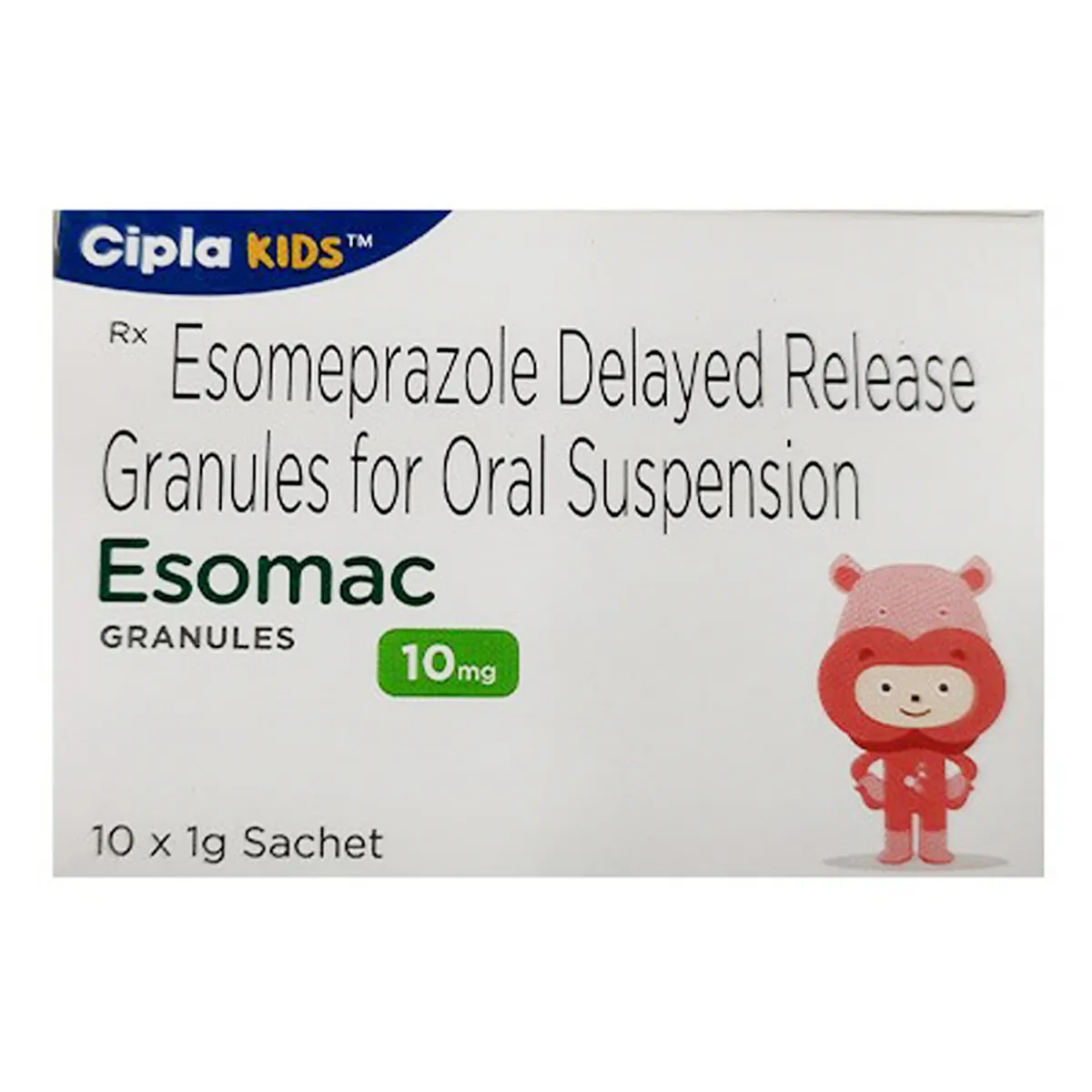
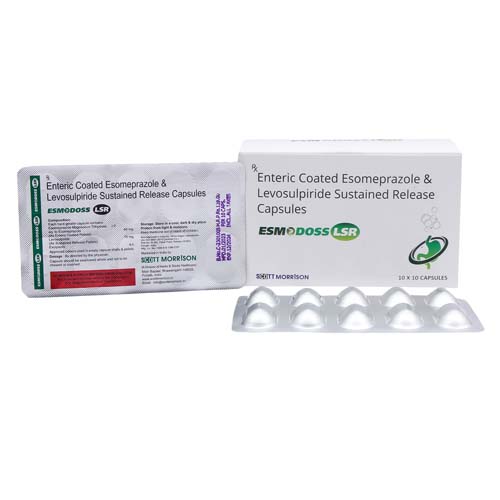
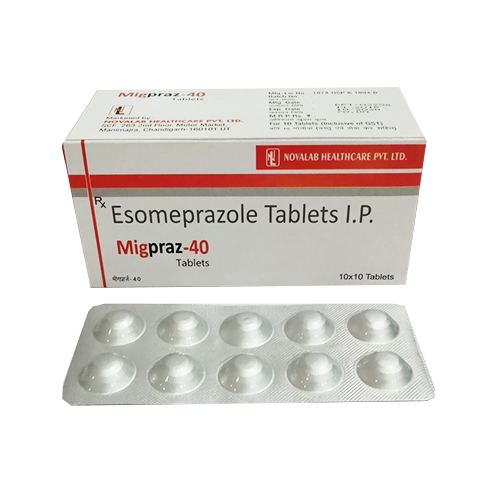
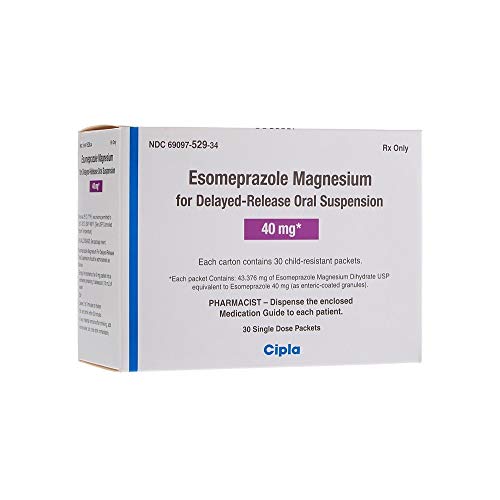
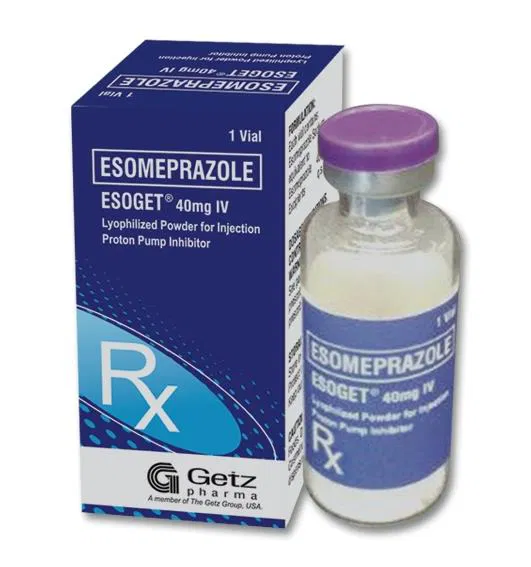
Esomeprazole
Br120.00 Select options This product has multiple variants. The options may be chosen on the product page

